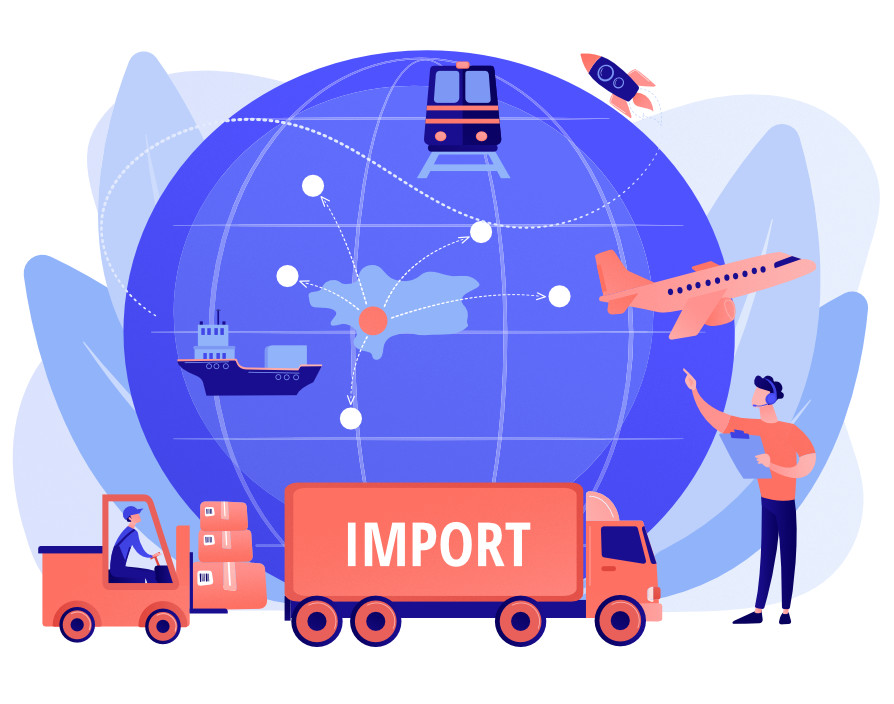New rules for trade between the UK and EU are causing headaches, but overcoming the issue could be an opportunity for positive change
There is really only one way to make predictions about the future: make plenty of them, don’t worry about contradicting yourself and when whatever is going around comes around, highlight the ones you got right and say, I told you so!
So it is with Brexit and Covid, two factors that have thrown chaos into the short- medium- and long-term. Just when you think the crystal ball has cleared, something else will come along: New Year’s shutdown? Maybe. Travel restrictions from the French? Of course. The latest, import controls, may have crept up on the best of us while we’ve been fighting the fires and salvaging Christmas.
What are the new Brexit import controls?
From January 2022, UK importers must:
- Complete customs declarations in real time
- Pre-notify authorities about incoming animal and plant products
- Show proof that the goods they are importing from the EU meet the criteria of tariff-free access to the UK
These new rules have created a huge amount of work for businesses which have had to radically change their processes in order to accommodate the changes. The bottom line will certainly be impacted for businesses which have priced goods before fully understanding the additional costs these rules will incur. Once again, the burden disproportionately affects SMEs which may not have the employees to pick up any extra workload and which will have to make difficult decisions about whether passing costs on to customers will lose them business.
In the short term, businesses that are not ready for these changes must work hard to catch up: putting processes and mechanisms in place to deal with the regulations will mean considerable upheaval. For businesses reeling from the impact of Covid shutdowns, remote working and isolating staff, these changes could not have come at a worse time.
Longer term, businesses that have not already invested in automation and digital transformation will have to do so. Legacy businesses are likely to find themselves squeezed by regulations coming down from above and younger, digital-first businesses populating a more competitive environment.
The final nail in the coffin is that January is a bad time for businesses to reach into their pockets: the largest VAT bill of the year is metaphorically if not actually in the post and I know that many businesses struggle to pay it. As a further twist of fate, those businesses which took out CBILS products will find their repayment holiday has recently ended.
We have been helping businesses access funds when they need them urgently: from VAT finance to refinancing those CBILS loans and even getting better deals on energy bills (which have spiked too… how many final nails are there, exactly?). With digital infrastructure we have explored grants where possible – because who doesn’t like free money? – and finance to cover investments that are ultimately necessary to the survival of a business. Unless your business has an army of staff to call on and doesn’t mind paying them to work around the clock, the requirements of supply chains demand digital solutions. If your business doesn’t have them, you will quickly find you are maintaining a tradition that is unsustainable.
Finally, just to underline that I really don’t think that most predictions for the future are worth the pixels they use up, the one skill I would recommend that all business owners invest in across their teams is agility. The truth is that if a prediction were ever one hundred percent accurate, it would be impossible to separate it from all of the other, wrong predictions. Nobody has a perfect track record of calling the shots. The best that any business owner can do is plan for oncoming regulatory changes that will happen and be of the mindset to adapt to new circumstances when the black swans fly over the horizon.
“
Share via:








































